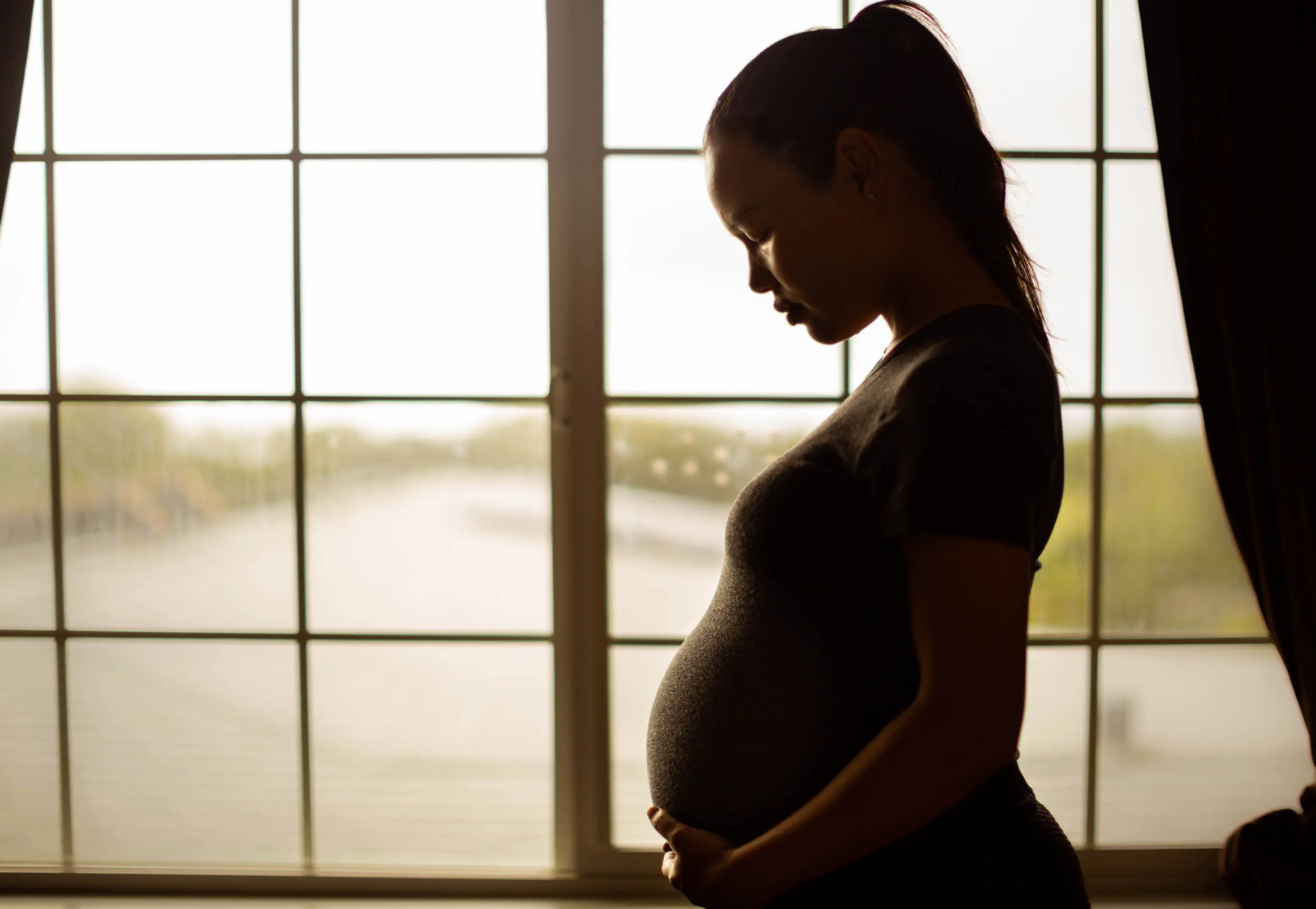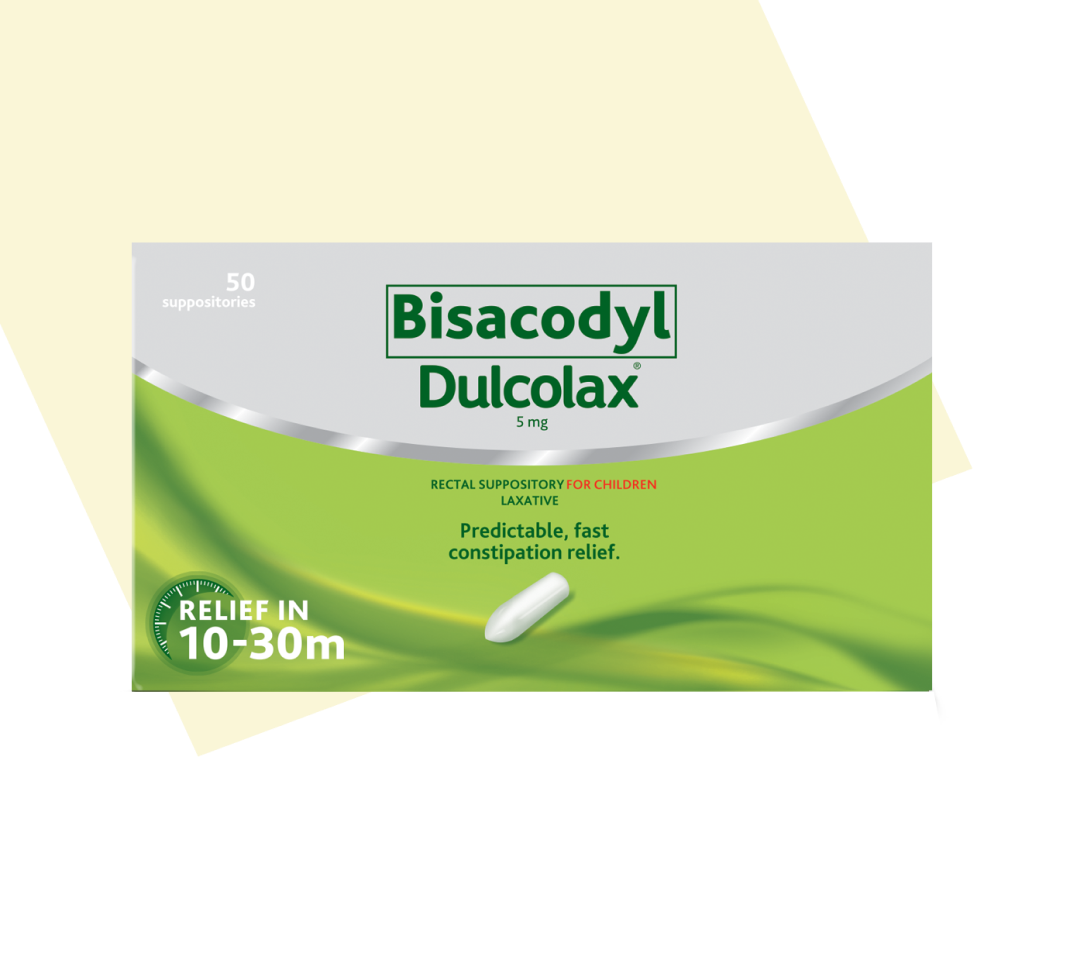Jump to a section:
10 min read
How is pregnancy impacting your digestive system?
For pregnant women, constipation is a very common condition. It affects at least half of all pregnant women at some point and tends to be more troublesome in women who were already prone to constipation before pregnancy1,2. Constipation during pregnancy can result from hormonal changes, increased pressure on the intestines from the growing uterus, and dietary changes. Various factors can trigger this discomfort during and even also after the pregnancy. Here are a few explanations of why you might be feeling uncomfortable:
Hormonal changes
During pregnancy, the body is expanding, evolving, and creating increased amounts of the hormones. Rising progesterone levels during pregnancy and reduced motilin hormone levels lead to increases in bowel transit time and increased water absorption from the intestines, which causes stool to dry out and become harder which makes bowel movements more difficult. These effects participate in slowing down the intestinal transit2,3.
Physical changes
Towards the end of pregnancy, the expansion of the uterus can put an increased pressure on the intestines. Resulting from this, intestines may need more time to process digestion, causing the discomfort linked to constipation. During these times, women are subject to abdominal pain or discomfort, difficult and infrequent bowel movements, and the passage of hard stools. These are usual signs of constipation.
Diet changes
Whether you are already pregnant or just planning to become pregnant, eating a healthy, well-balanced diet is one of the best things you can do for yourself and your future child. When it comes to nutrition, many women change their habits, stop smoking and suspend alcohol consumption when they get pregnant. However, some food can exacerbate constipation, including dairy or red meat. Often, health care providers prescribe prenatal vitamins and supplements, including iron and calcium which promote constipation on their own2. If you have any signs of constipation possibly resulting from a change in nutrition habits, you should consult your doctor.
What effect does pregnancy have on my body?
Pregnancy brings a lot of change for a woman’s body including hormonal changes and a growing uterus hence pressing against the lower bowel in the later stages of pregnancy. Constipation is a very common result of these changes, often making it hard to poop when pregnant. So here are a few triggers and their effects:

A few tricks to move things along
There is no secret: to help yourself feel better, the first step is to change a few things in your daily life. But don’t worry! You don’t need to change your habits all at once; step by step, see how your body reacts to the few changes you make over the counter first.
Dulcolax® range of solutions
Dulcolax® products help your digestive system get moving, with different reliefs available: overnight relief and fast relief so you can feel good inside and out!
Stay informed
Constipation symptoms such as bloatedness, gassiness and hard dry stool can be extremely bothersome and persistent. Because we know how frustrating and stressful these periods can be, we can help identify the causes for constipation and how to prevent it.
- American Pregnancy Association. Constipation in Pregnancy. 2020. https://americanpregnancy.org/healthy-pregnancy/pregnancy-health-wellness/constipation-during-pregnancy-964/
- Harms RW. Mayo Clinic guide to a healthy pregnancy. 2011. Mayo Foundation for medical education and research.
- Trottier M, Erebara A, Bozzo P. Treating constipation during pregnancy. Can Fam Physician. 2012 Aug;58(8):836-8.





